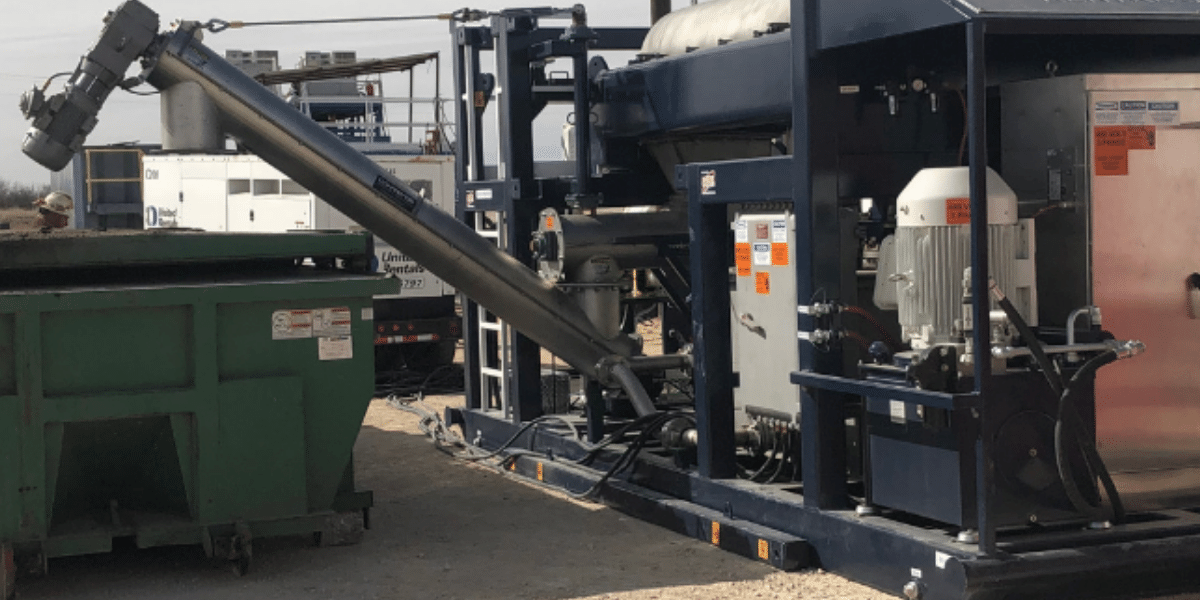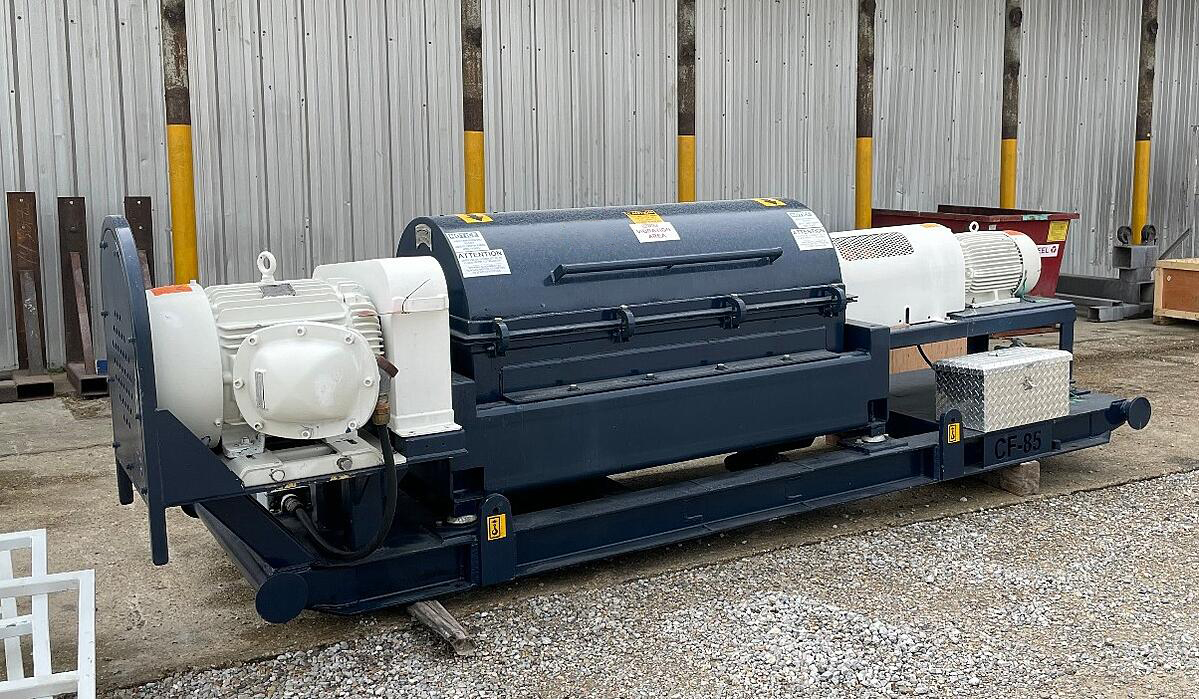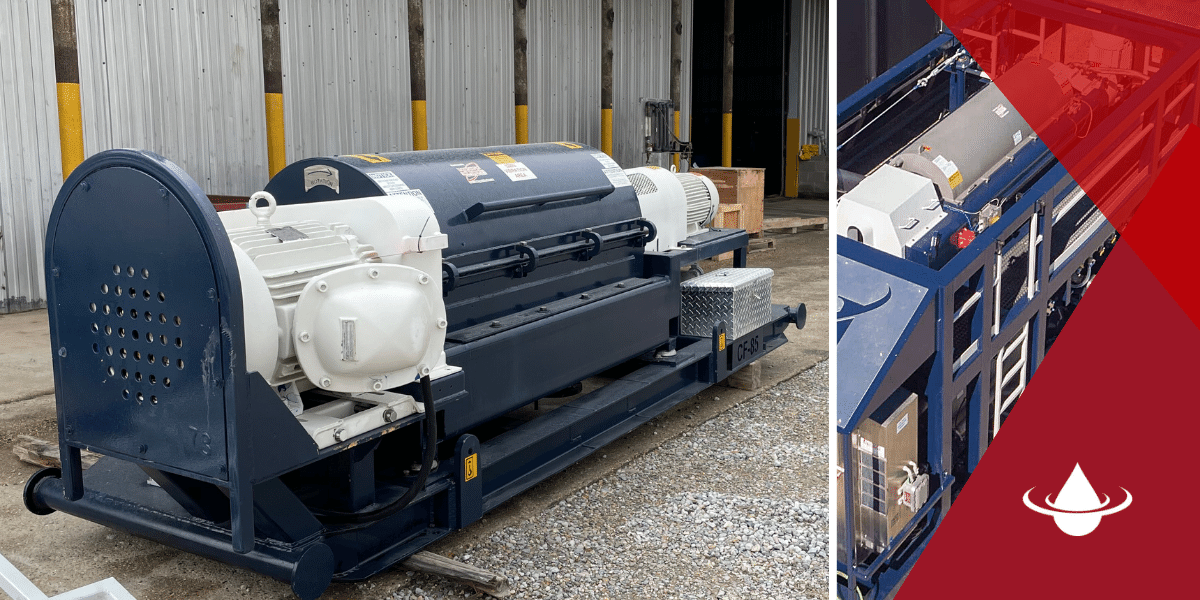Everything You Need To Know About A Decanter Centrifuge
In order to fully understand how a decanter centrifuge operates, we must first define what a centrifuge does. In many industrial jobs, solid material...

Belt filter presses are industrial machines, used for solid/liquid separation processes, particularly the dewatering of sludge's in the chemical, mining, and water treatment industries.
A costly burden on many companies, belt filter presses require continuous staffing and excessive maintenance costs that often surpass the expenses needed to replace and upgrade the current equipment.
Until recently, belt filter presses have been the default bio-solid dewatering method. However, an improved alternative method such as the decanter centrifuge is currently available.
Decanter centrifuges separates solids and liquids, and has become an essential component of water waste facilities and the chemical, oil, and food processing industries.
Comparing belt presses and centrifuges really comes down to the needs of the facility. In order to develop a true cost analysis, operation size and ancillary odor abatement concerns all are factors in the equation.
Centrifuges are proven to meet needs and exceed expectations in the refinery industry.
A few questions come to mind for many companies when considering the switch from a belt press to a centrifuge:
Well until 5-10 years ago, there weren’t too many decanter centrifuges large enough to compete with belt presses as far as throughput goes. A 2-meter belt press (common size used) can process bio sludge in the range of 150-200 gpm. With a 21" centrifuge, you can produce this same throughput if not greater.
The economic impact can be large. Using a centrifuge, it is possible to get the solids content up significantly. This is accomplished by reducing the water content of the solids by reducing the weight of the product to be disposed.
Switching from a belt press to a centrifuge also dramatically reduces the man-hours needed for solids handling. Many case studies show that switching out belt filter presses for centrifuges can reduce the hours worked per week without sacrificing production.
The main economic impact is the disposal of less solids. With a centrifuge producing dryer solids, the weight by volume is less which in turn reduces the disposal cost.
Industrial Fluid Management focuses primarily on industrial service rentals for the petrochemical markets, offering superior service while meeting all of your rental needs.

In order to fully understand how a decanter centrifuge operates, we must first define what a centrifuge does. In many industrial jobs, solid material...

Today's separation and dewatering industries offer two basic dewatering technologies: belt filter presses and centrifuges. Choosing between a belt...

The main difference between decanter and tricanter centrifuges is that the tricanter centrifuge not only separates solids from liquids but also...